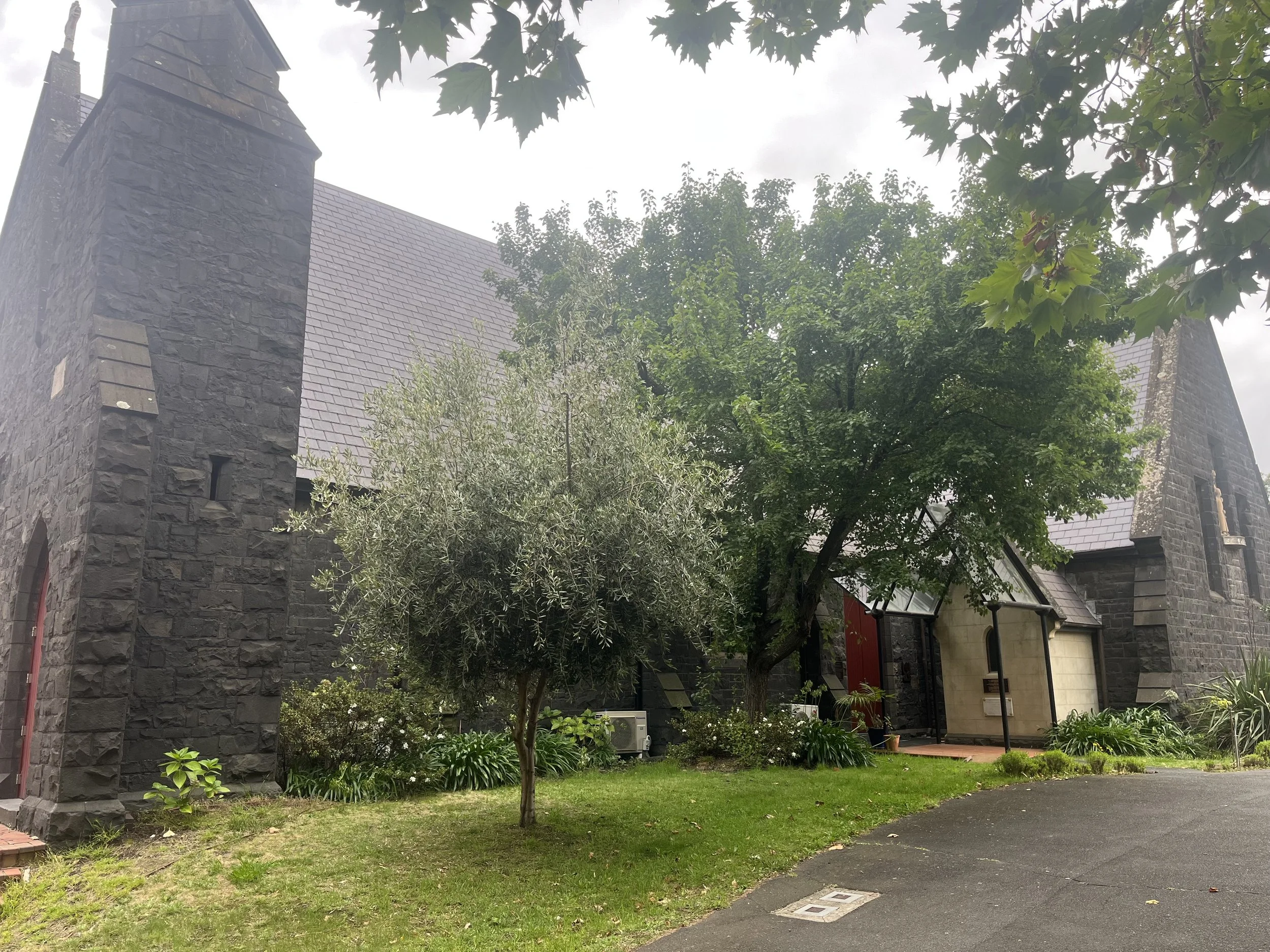By Tuong Nguyen
Today’s gospel centres on a question that challenges the very core of our Christian life: How do we prioritise love? Jesus, in His infinite wisdom, responds with a clarion call to love God wholeheartedly and to extend that love to our neighbor. This teaches us about love, relationships and commitment.
Firstly, let me start with Love. Authentic love transcends mere feelings; it's reflected in our actions. In our families, this means being patient with one another, spending quality time, listening deeply, and sacrificing for the well-being of our loved ones. It's in the daily acts of kindness, like preparing a meal, helping with chores, or simply offering a word of encouragement. With friends, it could be a reassuring call, standing by them during trials, or celebrating their successes. In our community, love can be demonstrated by volunteering, being a voice for the marginalised, or merely being a source of joy and hope.
Relationships are the crucibles where love is tested, refined, and proven. The quality of our relationship with God is mirrored in our relationships with others. It's a two-way street. We can't genuinely connect with God and remain disconnected from our families and neighbors. In families, we should nurture bonds by setting aside distractions and truly being present. We should learn to prioritise moments of togetherness - be it a shared meal, a family prayer, or a weekend outing. With friends, we can rekindle old bonds, forge new ones, and be a haven of trust and understanding. In the community, we can build relationships by bridging divides, fostering unity, and being instruments of peace.
The Pharisees sought a ranking of commandments (like asking Jesus which among the commandment is the greatest), perhaps hoping to prioritise or even neglect some. But Jesus provides a holistic vision. Loving God and neighbor are intertwined and inseparable commitments. One cannot be done without the other. In our lives, we are called to be committed not just when it's easy or convenient. Jesus loves us unconditionally even though we are sinners. Love demands consistency. In family this could mean staying committed to promises made. Like attending a child’s weekend activities. Supporting friends during good and difficult times. In our community, commitment might look like seeing through initiatives we've started or consistently supporting community endeavors.
In essence, the Pharisees sought to challenge Jesus, but His response challenges us. It reminds us that the essence of our faith is love in action. It's a call to move beyond mere words to concrete actions that enrich our families, strengthen our friendships, and uplift our communities. Let’s ponder: How will I embody love today? How will I strengthen my relationships, remain steadfast in my commitments, and joyfully embrace my duty to God and neighbor?
I give the final word today to Pope St John Paul II, who said: “Think of Mary Mackillop and learn from her to be a gift of love and compassion for one another, for all Australians, and for the world.”
Amen.
